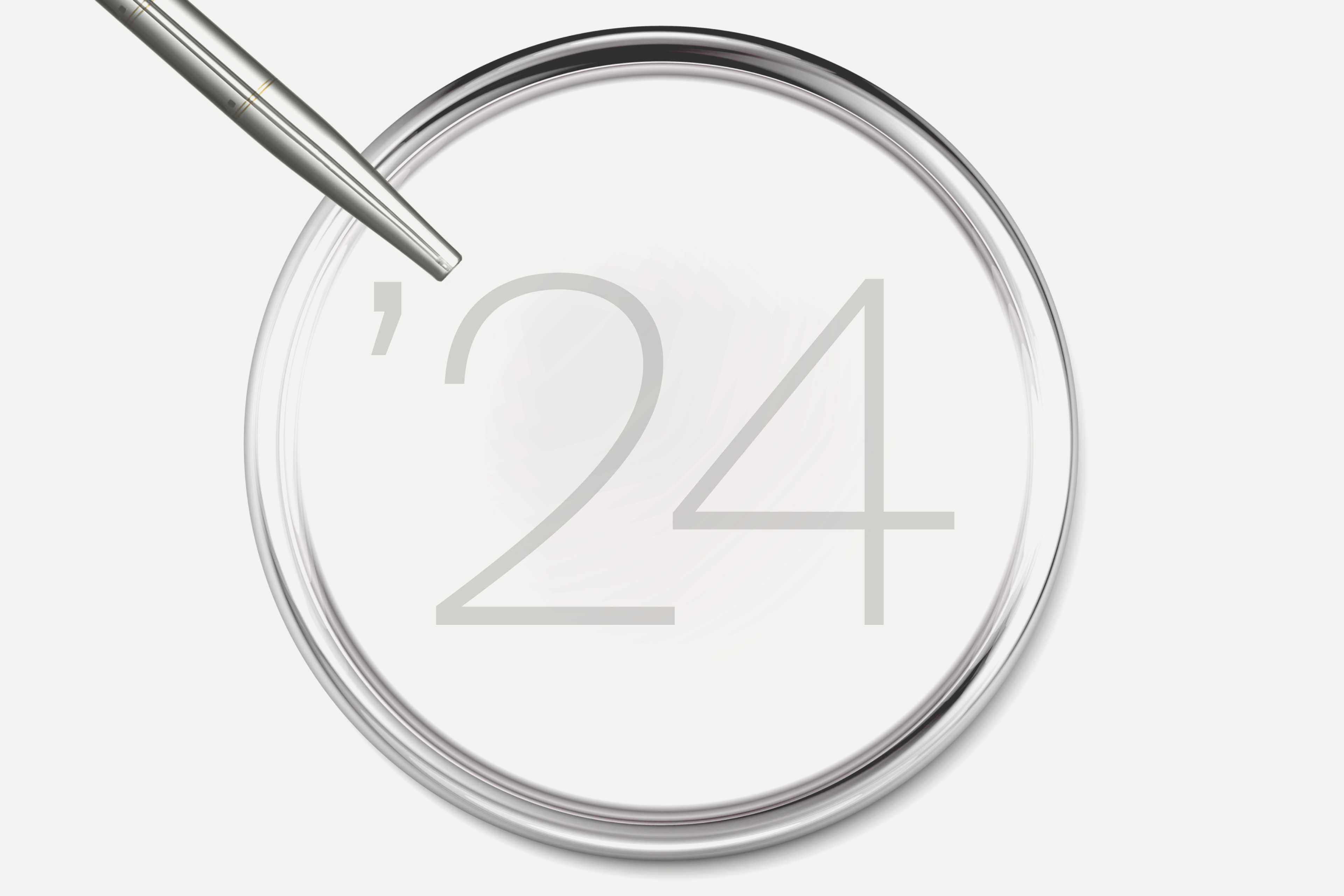Top Foods to Boost Your Immune System
Immune-boosting foods can strengthen your body’s defense against illness. Learn what foods support the immune system and what to limit.
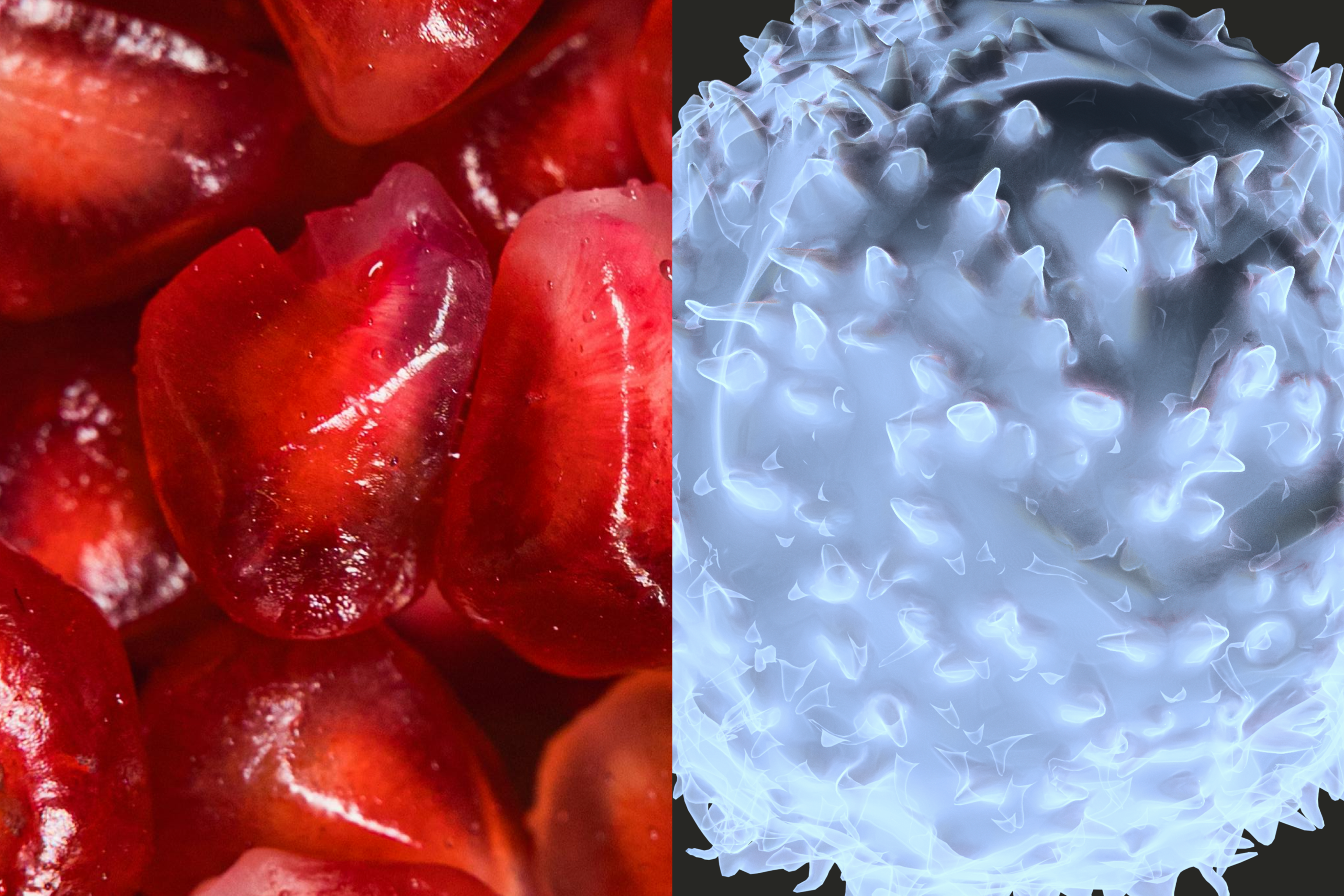
What to know
Eating certain foods and limiting others can boost your body’s natural defenses against illness.
Foods rich in antioxidants and polyphenols like citrus fruits, garlic, pomegranates, and others can reduce inflammation and strengthen immunity.
Probiotic-rich foods like yogurt and kefir support a healthy gut, which is linked to a strong immune system and overall health.
Limiting added sugars, processed foods, refined carbs, and alcohol can increase inflammation and weaken immune responses.
Getting proper sleep, stress management, and regular physical activity play an equally important role in maintaining immunity.
Even when everyone seems to be sick all around you, eating certain foods for your immune system can strengthen your body’s natural defense system. With intentional food choices, you can supply your body with the strength it needs to reduce the chances of getting sick⸺even when you are exposed to germs.
Certain foods, like citrus fruits, leafy greens, and garlic, contain nutrients that naturally boost immunity. In this article, we’ll highlight some of the best immune system booster foods to include in your diet and a few to avoid, helping you build a stronger, more resilient immune system this season.
A Word About Your Immune System
The immune system is your body’s natural defense system, designed to protect against pathogens such as bacteria, viruses, fungi, and parasites. It also plays a critical role in identifying and eliminating abnormal or irregular cells while maintaining tolerance to the body’s own healthy tissues.
Your body’s inflammatory response is part of the immune response, helping to fight infections and repair injuries. However, when inflammation becomes chronic—such as in the case of "inflammaging," the low-grade inflammation associated with aging—it can compromise immune function and contribute to the development of various diseases.
The gut plays a central role in immune health, as it houses nearly 70% of the immune system. A balanced gut microbiome helps regulate immune responses, supports the production of protective antibodies, and reduces harmful inflammation.[1]
Many lifestyle factors can support the immune system, while others can negatively impact it. Eating a nutrient-rich diet is one of the easiest ways to boost your immune system.
Diet and Immune Health
The foods commonly eaten in the Mediterranean diet provide antioxidants, polyphenols, and other nutrients that can bolster immunity through several mechanisms. Antioxidants protect your cells from damage that can cause illness, while polyphenols are compounds in certain plant foods that support a healthy inflammatory response[2].
At the same time, ultra-processed foods and added sugars[3] contribute to inflammation and weaken immune defenses.[4]
Other factors that can impact immunity include age, genetics, stress, sleep, physical activity, hydration, gut health, environmental toxins, cigarette smoke (including vaping), and alcohol use. And while genes play a role in our likelihood of getting sick, research shows our environment and habits account for nearly 75% of it.[5]
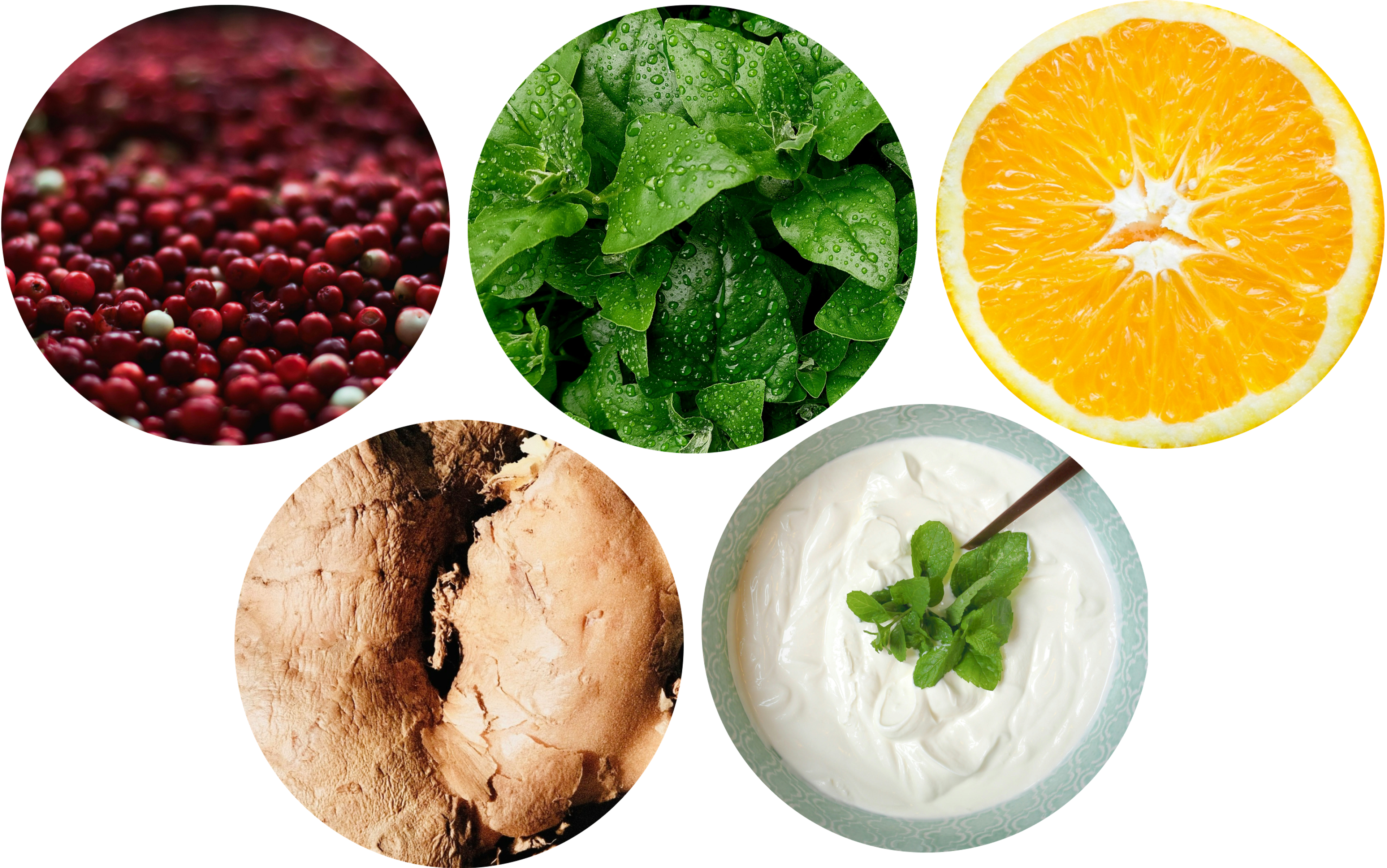
Support Your Immune System With Food
Certain foods rich in antioxidants and polyphenols can protect immune cells from damage and support a healthy inflammatory response.
Citrus Fruits – Oranges, grapefruits, and lemons are high in vitamin C, a key antioxidant that strengthens immune defenses.[6]
Spinach – Spinach contains vitamins A, C, and E and beta-carotene, which enhance the body’s ability to fight infections.[7]
Sweet Potatoes – Loaded with beta-carotene, which converts to vitamin A, these starchy veggies are vital for maintaining a healthy immune system.[8]
Turmeric – A bright yellow spice commonly used in Indian dishes, turmeric’s active ingredient, curcumin, may lower the inflammatory response.[9]
Ginger – Ginger is rich in plant compounds called gingerols, which help to keep your immune system strong. Studies suggest that ginger may lower inflammation, which allows your body to better fight off infections.[10]
Berries – Blueberries, strawberries, and blackberries are rich in flavonoids and anthocyanins that support total body health and immunity.[11]
Dark Chocolate – Contains flavonoids like catechins and epicatechins, known to improve vascular health and reduce inflammation.[12]
Green Tea – Loaded with catechins, a type of polyphenol, green tea may the health of innate, adaptive, and gut-based immune defenses.[13]
Garlic – Research shows garlic may enhance immune system function by stimulating cells that activate inflammatory responses. These cells essentially “turn on” a process that fights germs trying to get into your system and make you sick.[14]
Yogurt and Kefir – Yogurt and kefir are probiotic-rich foods and beverages that support gut health. Recent research shows drinking kefir, a fermented yogurt beverage, might be able to boost certain components of the immune system.[15]
Almonds – Almonds are rich in vitamin E and other antioxidants that support immune system function. In particular, the skin of almonds contains anti-inflammatory properties that may protect cells from damage from viruses and bacteria.[16]
Pomegranates – Pomegranates are one of the best sources of antioxidants and polyphenols. This makes them a prime food for supporting immune health.[17]
Urolithin A, the active ingredient in Mitopure®, is a byproduct of pomegranate digestion, which may provide its own immune-supporting benefits. The recently completed MitoImmune study demonstrated Mitopure’s ability to improve markers of immune health in healthy adults.

Mitopure Softgels
Bestseller4.4 · 2813 reviews
The simplest form of Mitopure
However, only about 40% of the population have the proper gut bacteria to convert the polyphenols from pomegranates into Urolithin A. Mitopure provides a direct dose of Urolithin A, a compound being actively researched for its potential role in enhancing immune cell activity.
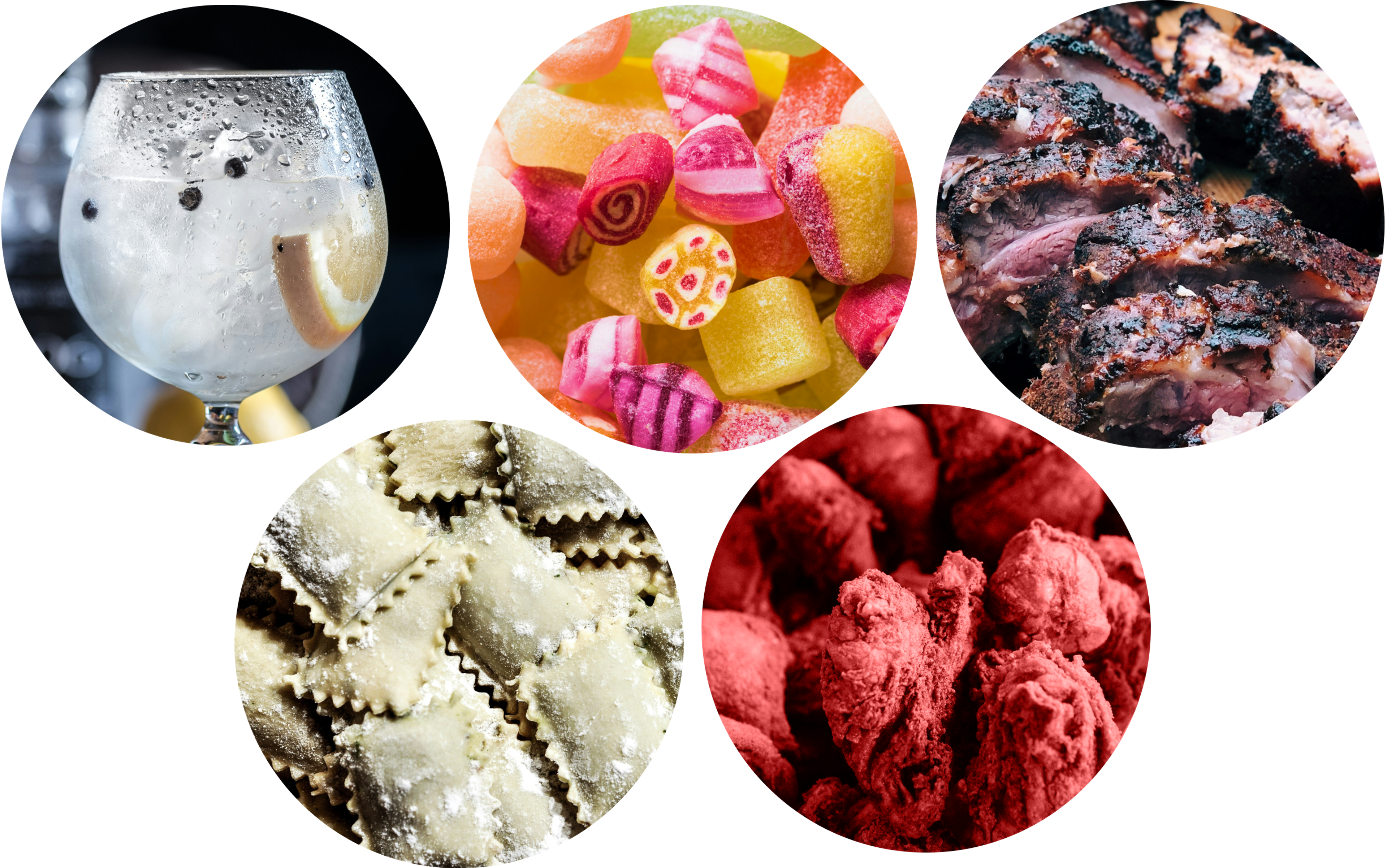
Immune System Busters
While there are many immune system helpers in the diet, there are immune-weakening foods that can leave you more prone to illness. While indulging in them once in a while is fine, they can pose a problem when consumed regularly.
Added Sugar – Too much added sugar in sweets and packaged foods contributes to inflammation and can reduce your body's ability to fight infections. Note - the natural sugar in fruits and starchy veggies like potatoes is completely fine.[18]
Excess Sodium – Potato chips, fast food, and other salty items contain high amounts of sodium, which may inhibit immune function and suppress the inflammatory response. [19]
Fried Foods, Processed and Charred Meats – Unstable compounds called advanced glycation end products (AGEs) are formed during frying, baking, and charring. If AGE levels are too high in the body, it can lead to inflammation that can weaken immunity. Because of this, it’s best to limit fried, grilled, and burnt meats.[20]
Food Additives – Many processed foods contain additives and emulsifiers that can negatively influence immunity and gut health. Limiting highly processed foods is the best way[21] to avoid these added ingredients.[22]
Refined Carbs – Refined carbs like white bread, pasta, and sugary cereals can cause blood sugar spikes and alter gut bacteria, which can impact immunity. If you have these foods once in a while, try to pair them with a nutritious “friend” such as a fiber from vegetables or a lean protein source to slow down their digestion.[23]
Artificial Sweeteners – Artificial sweeteners are linked to increased gut inflammation. Since the gut and immune system are intertwined, limiting your intake of artificial sugars like aspartame, sucralose, and saccharin may protect both your gut and immune system.[24]
Alcohol – While past studies suggest moderate alcohol consumption may reduce inflammation, newer research suggests any amount of alcohol consumption can be harmful to health. Chronic heavy drinking poses the biggest threat to immunity, [25]defined by the Centers for Disease Control (CDC)[26] as 8 or more drinks per week for women and 15 or more per week for men.[27]
Final Words
Prioritizing food that supports the immune system, such as those rich in antioxidants and polyphenols, can strengthen your body’s defenses against getting sick. Immune-boosting foods like citrus fruits, garlic, turmeric, and pomegranates can help reduce inflammation and protect your cells from damage while cutting back on processed and sugary foods helps maintain a healthy gut and overall immunity.
By focusing on a balanced, nutrient-rich diet and an overall healthy lifestyle, you can build a resilient immune system to ward off illness and feel your best, no matter the season.
Authors

Author
Dietitian-Nutritionist, and Health Content Writer

Reviewed by
Senior Manager of Nutrition Affairs
References
- ↑
Wiertsema SP, van Bergenhenegouwen J, Garssen J, Knippels LMJ. The Interplay between the Gut Microbiome and the Immune System in the Context of Infectious Diseases throughout Life and the Role of Nutrition in Optimizing Treatment Strategies. Nutrients. 2021 Mar 9;13(3):886. doi: 10.3390/nu13030886. PMID: 33803407; PMCID: PMC8001875.
- ↑
Barrea L, Muscogiuri G, Frias-Toral E, et al. Nutrition and immune system: from the Mediterranean diet to dietary supplementary through the microbiota. Crit Rev Food Sci Nutr. 2021;61(18):3066-3090. doi:10.1080/10408398.2020.1792826
- ↑
Maki, K.A., Sack, M.N. & Hall, K.D. Ultra-processed foods: increasing the risk of inflammation and immune dysregulation?. Nat Rev Immunol 24, 453–454 (2024). https://doi.org/10.1038/s41577-024-01049-x
- ↑
Ma X, Nan F, Liang H, et al. Excessive intake of sugar: An accomplice of inflammation. Front Immunol. 2022;13:988481. Published 2022 Aug 31. doi:10.3389/fimmu.2022.988481
- ↑
Torgan C. Immune System Shaped by Environment More Than Genes. National Institutes of Health (NIH). Published November 9, 2015. https://www.nih.gov/news-events/nih-research-matters/immune-system-shaped-environment-more-genes
- ↑
Miles EA, Calder PC. Effects of Citrus Fruit Juices and Their Bioactive Components on Inflammation and Immunity: A Narrative Review. Front Immunol. 2021;12:712608. Published 2021 Jun 24. doi:10.3389/fimmu.2021.712608
- ↑
Amimo JO, Michael H, Chepngeno J, Raev SA, Saif LJ, Vlasova AN. Immune Impairment Associated with Vitamin A Deficiency: Insights from Clinical Studies and Animal Model Research. Nutrients. 2022; 14(23):5038. https://doi.org/10.3390/nu14235038
- ↑
Stephensen CB, Lietz G. Vitamin A in resistance to and recovery from infection: relevance to SARS-CoV2. British Journal of Nutrition. 2021;126(11):1663-1672. doi:10.1017/S0007114521000246
- ↑
Allegra A, Mirabile G, Ettari R, Pioggia G, Gangemi S. The Impact of Curcumin on Immune Response: An Immunomodulatory Strategy to Treat Sepsis. Int J Mol Sci. 2022;23(23):14710. Published 2022 Nov 25. doi:10.3390/ijms232314710
- ↑
Kitti Pázmándi, Attila Gábor Szöllősi, Fekete T. The “root” causes behind the anti-inflammatory actions of ginger compounds in immune cells. Frontiers in Immunology. 2024;15. doi:https://doi.org/10.3389/fimmu.2024.1400956
- ↑
Xue H, Sang Y, Gao Y, Zeng Y, Liao J, Tan J. Research Progress on Absorption, Metabolism, and Biological Activities of Anthocyanins in Berries: A Review. Antioxidants (Basel). 2022;12(1):3. Published 2022 Dec 20. doi:10.3390/antiox12010003
- ↑
Samanta S, Sarkar T, Chakraborty R, et al. Dark chocolate: An overview of its biological activity, processing, and fortification approaches. Curr Res Food Sci. 2022;5:1916-1943. Published 2022 Oct 15. doi:10.1016/j.crfs.2022.10.017
- ↑
Sun J, Dong S, Li J, Zhao H. A comprehensive review on the effects of green tea and its components on the immune function. Food Science and Human Wellness. 2022;11(5):1143-1155. doi:https://doi.org/10.1016/j.fshw.2022.04.008
- ↑
Arreola R, Quintero-Fabián S, López-Roa RI, et al. Immunomodulation and anti-inflammatory effects of garlic compounds. J Immunol Res. 2015;2015:401630. doi:10.1155/2015/401630
- ↑
Hamida RS, Shami A, Ali MA, Almohawes ZN, Mohammed AE, Bin-Meferij MM. Kefir: A protective dietary supplementation against viral infection. Biomedicine & Pharmacotherapy. 2021;133:110974. doi:https://doi.org/10.1016/j.biopha.2020.110974
- ↑
Arangia A, Ragno A, Cordaro M, et al. Antioxidant Activity of a Sicilian Almond Skin Extract Using In Vitro and In Vivo Models. Int J Mol Sci. 2023;24(15):12115. Published 2023 Jul 28. doi:10.3390/ijms241512115
- ↑
Salim A, Pierfrancesco Deiana, Fancello F, Maria Giovanna Molinu, Santona M, Zara S. Antimicrobial and antibiofilm activities of pomegranate peel phenolic compounds: Varietal screening through a multivariate approach. 2023;8(2):146-161. doi:https://doi.org/10.1016/j.jobab.2023.01.006
- ↑
Iddir M, Brito A, Dingeo G, et al. Strengthening the Immune System and Reducing Inflammation and Oxidative Stress through Diet and Nutrition: Considerations during the COVID-19 Crisis. Nutrients. 2020;12(6):1562. Published 2020 May 27. doi:10.3390/nu12061562
- ↑
Scrivo R, Perricone C, Altobelli A, et al. Dietary Habits Bursting into the Complex Pathogenesis of Autoimmune Diseases: The Emerging Role of Salt from Experimental and Clinical Studies. Nutrients. 2019;11(5):1013. Published 2019 May 5. doi:10.3390/nu11051013
- ↑
Uribarri J, Woodruff S, Goodman S, et al. Advanced glycation end products in foods and a practical guide to their reduction in the diet. J Am Diet Assoc. 2010;110(6):911-16.e12. doi:10.1016/j.jada.2010.03.018
- ↑
Cani PD, Everard A. Keeping gut lining at bay: impact of emulsifiers. Trends Endocrinol Metab. 2015;26(6):273-274. doi:10.1016/j.tem.2015.03.009
- ↑
Paula Neto HA, Ausina P, Gomez LS, Leandro JGB, Zancan P, Sola-Penna M. Effects of Food Additives on Immune Cells As Contributors to Body Weight Gain and Immune-Mediated Metabolic Dysregulation. Front Immunol. 2017;8:1478. Published 2017 Nov 6. doi:10.3389/fimmu.2017.01478
- ↑
Faits T, Walker ME, Rodriguez-Morato J, et al. Exploring changes in the human gut microbiota and microbial-derived metabolites in response to diets enriched in simple, refined, or unrefined carbohydrate-containing foods: a post hoc analysis of a randomized clinical trial. Am J Clin Nutr. 2020;112(6):1631-1641. doi:10.1093/ajcn/nqaa254
- ↑
Rosales-Gómez CA, Martínez-Carrillo BE, Reséndiz-Albor AA, et al. Chronic Consumption of Sweeteners and Its Effect on Glycaemia, Cytokines, Hormones, and Lymphocytes of GALT in CD1 Mice. Biomed Res Int. 2018;2018:1345282. Published 2018 Apr 24. doi:10.1155/2018/1345282
- ↑
World Health Organization. No level of alcohol consumption is safe for our health. World Health Organisation. Published January 4, 2023. https://www.who.int/europe/news/item/04-01-2023-no-level-of-alcohol-consumption-is-safe-for-our-health
- ↑
Sarkar D, Jung MK, Wang HJ. Alcohol and the Immune System. Alcohol Res. 2015;37(2):153-155.
- ↑
Centers for Disease Control and Prevention. Alcohol Use and Your Health. Alcohol Use. Published May 9, 2024. https://www.cdc.gov/alcohol/about-alcohol-use/index.html

•
Nutrition•
Studies•
New Study: Mitopure Improves Muscle Health in Athletes
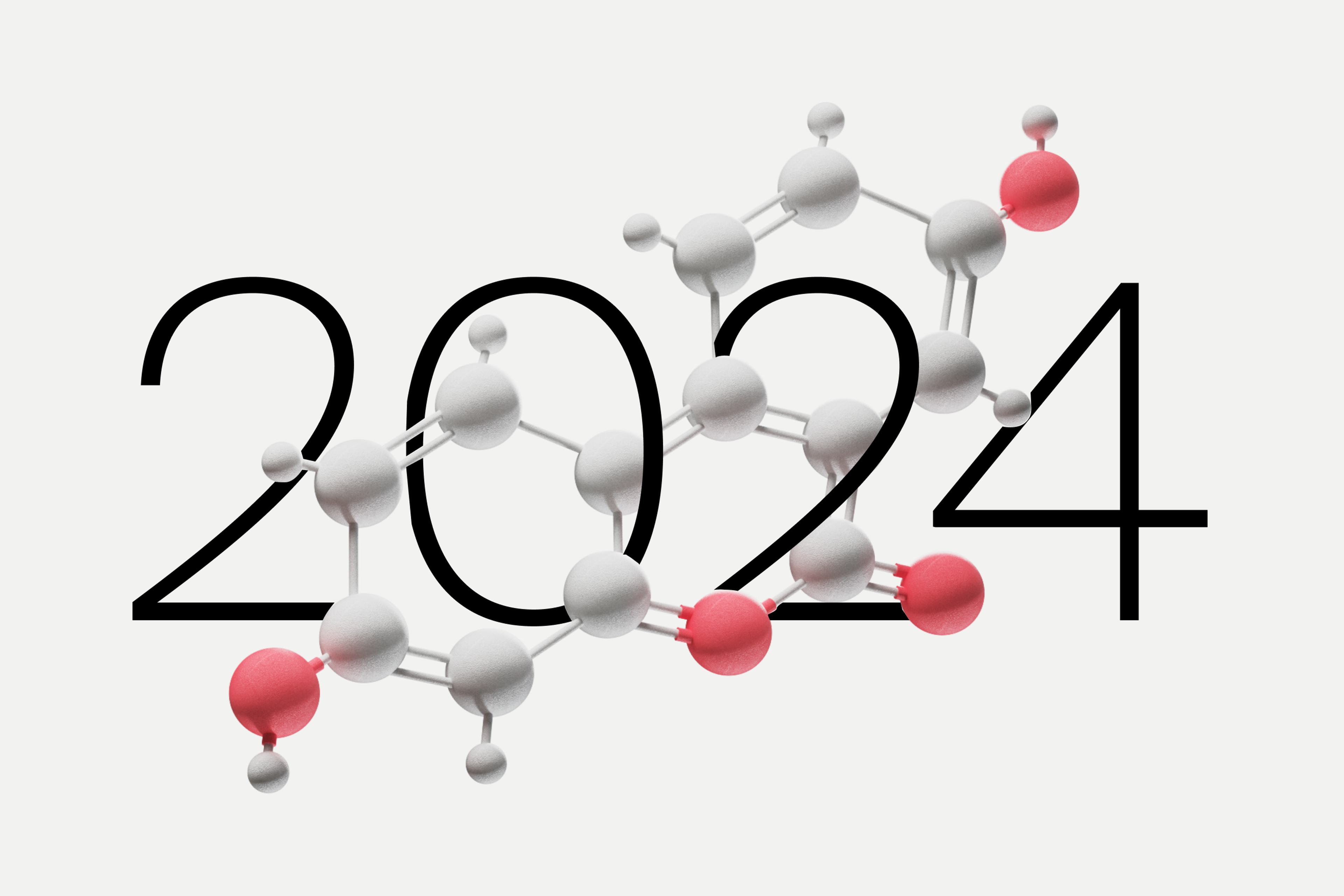
•
Nutrition•
Studies•





